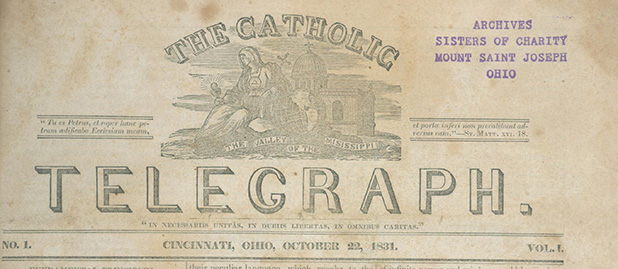Letters to the Editor: a grace, a disservice to American newspapers
March 29, 2012
By Stephen Trosley, Editor-in-Chief
Letter writers use newspaper columns to share ideas, to criticize and endorse, to challenge others, to vent their righteous (and sometimes unjustified) anger and to just rant.
Managing the Letters to the Editor columns becomes a daily headache for an editor. First, each must be verified. You would be surprised at how many letters arrive unsigned or with a false or non-existent identity.
Then you have to protect the writer from his or her own lack of grammar and spelling skills. This particular task has become more difficult in the past 20 years as language skills have eroded in the United States.
You cannot protect the author from his own ignorance. People will invent their own facts or will accept incorrect information as gospel from any number of unreliable sources. Argument is a lost art, replaced by the incoherent rant.
There are production reasons that lead to letter rejection. Handwritten letters can be illegible. And then there are the people who send you letters typed in all capital letters, the typographical equivalent of shouting. It takes time to repair such a submission and newspapers don’t have typesetters on staff any more. In fact, more and more editors are requiring that letters be submitted electronically.
Over the past four decades, I have seen all manner of attempt at control of letters, some of them even of my own device. Word count is always a big issue. I once told a letter writer I would not accept anything that was beyond one page in length so he took the type on his word processing software down to 4 point; he got all of his words on one page for sure. But his efforts were rejected.
Then there are the authors who dare you to edit their masterpiece lest you violate their First Amendment rights, so much baloney. While a Supreme Court decision protects newspapers in most cases from being sued for running a libelous letter, it does not protect the author.
Letters are a staple of mainstream newspaper opinion pages because they draw readership, just like obituaries. Under no circumstances should anyone assume that a publication that runs a letter is supportive of the opinions expressed.
The Catholic Telegraph does not publish letters to the editor. The reason is fundamental to the nature of our publication. The Telegraph is not a mass medium. The content of the print version and its companion website are official communications of the Archdiocese of Cincinnati.
As such, we have a duty to ensure that content complies with and supports the teachings of the Roman Catholic Church. Publishing opinions about the Catholic faith or conjecture could be misleading to readers and could undermine the credibility of the archdiocese as a credible representative of the teachings of the church.
Trosley is the editor-in-chief of The Catholic Telegraph. His email is [email protected].














1 Comment